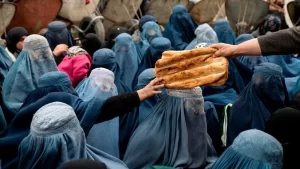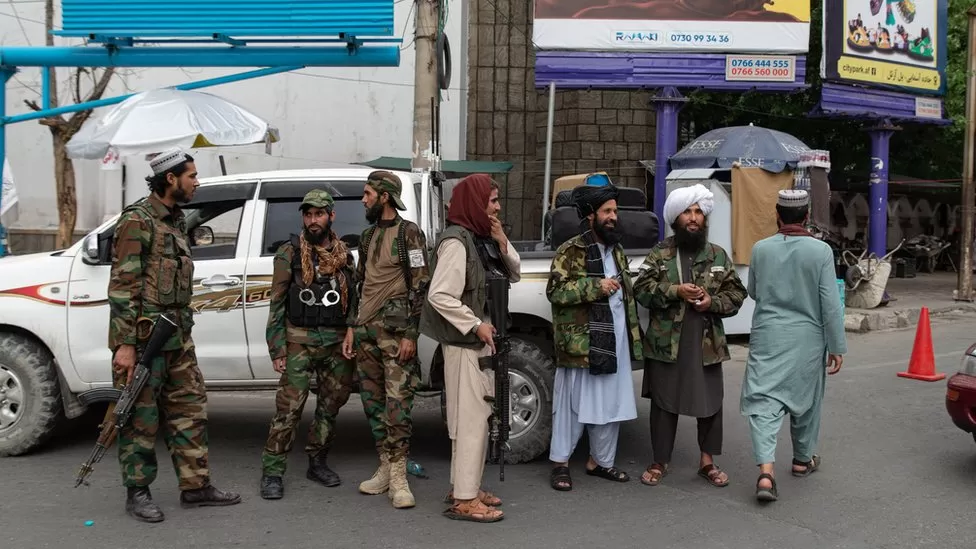Engaging Taliban: Time for World Leaders to Converse?
No nation has formally recognized the Taliban’s leadership in Afghanistan two years after they surged to power. Even talking to the Taliban government is still highly contentious. Some claim that talking to the Taliban will assist bring about change, while others maintain that there is no use in talking because the Taliban won’t change. Women’s rights – even their beauty parlors – have turned become front lines in political conflicts as the world tries to figure out how to cope with Afghanistan’s new authorities.
Sakina, a beautician, muses on the reasons she thinks women like her have become a negotiating chip while sitting in a darkly lit room with the curtains closed tightly. In her brand-new, top-secret salon in Kabul, she claims that “the Taliban are pressuring women because they want to force the international community to recognize their rule.” After the government ordered all women’s beauty salons to close, she was compelled to go underground two weeks ago. It is the most recent in a long line of laws that limit Afghan women’s and girls’ freedoms and lives. Sakina is unsure of the best strategy for dealing with the Taliban.
With the kind of uncertainty and apprehension that permeates this enormous, delicate political matter, she continues, “If the Taliban are accepted as the government, they might remove restrictions on us or they could impose even more.” According to the Taliban, global concerns such as women’s rights are unimportant.
The Taliban: who are they?
How has Afghanistan changed in the past 20 years?
Afghan women are in mental health crisis due to bleak future
According to the Taliban’s spokesman, Zabihullah Mujahid, concentrating on this particular topic is merely an excuse. The Taliban’s supreme leader Haibatullah Akhundzada is based in the Afghan city of Kandahar, where he is quoted as saying that “the current government should have been recognized long ago.” We have made strides in certain areas, and we will resolve this problem as well.

Many communities with an interest in Afghanistan’s future are deeply divided over whether or not to communicate with the Taliban regime. This includes a bitterly resentful and still traumatized Afghan diaspora who were compelled to leave their home nation on August 15, 2021, when the Taliban swept back into power. “Saying don’t talk is easy,” asserts Fatima Gailani, one of the four women who were part of the Afghan team that attempted to negotiate with the Taliban up until the point at which they overthrew the government.
“What do you say if you don’t talk?” She has been involved in backchannel projects ever since the last government fell. She emphasizes, “We don’t need another war,” in a nod to those who still have the dream of one day overthrowing the current government through force, including former military leaders and ancient warlords.
The Taliban administration presents a positive image. Even yet, their envoys, who wear distinctive traditional turbans and tunics, are among the world’s most frequent travelers, flying to conferences in numerous capitals. Nearly every day, delegations are received in Kabul by acting Foreign Minister Amir Khan Muttaqi with all the customary formalities, including flags and state portraits displayed in opulent chambers.
With the exception of a small European Union and a Japanese mission, all Western embassies in Kabul are still closed. There is debate over whether diplomats now stationed in the Gulf nation of Qatar should at the very least be in Kabul if they want to exert any kind of influence. There is no desire in any of the capitals of the globe for this 40-year conflict to enter another terrible chapter. And while there may be disagreements among Taliban officials, maintaining their unity is still the most important priority. There are no simple or fast fixes.
Read more articles on:


